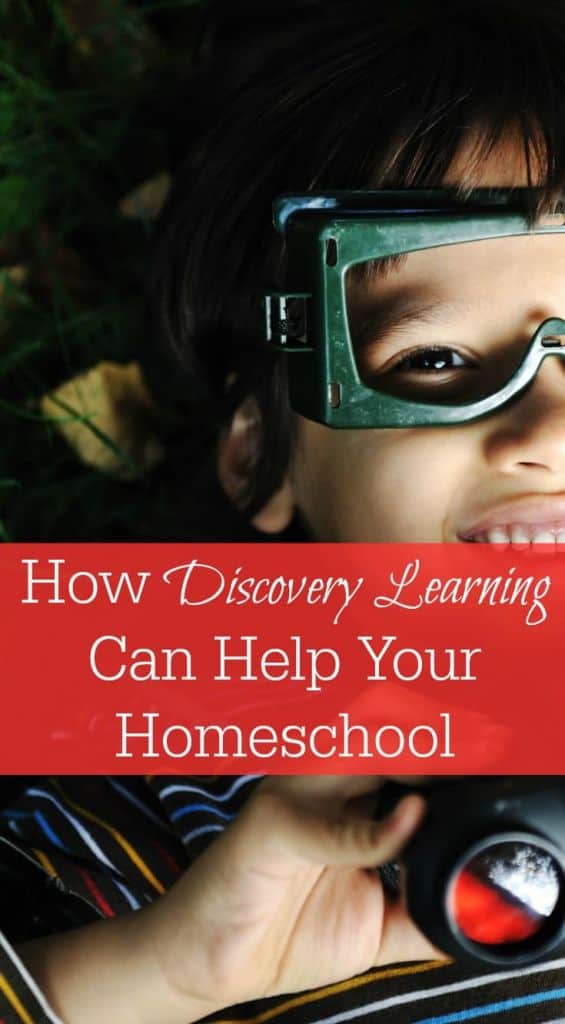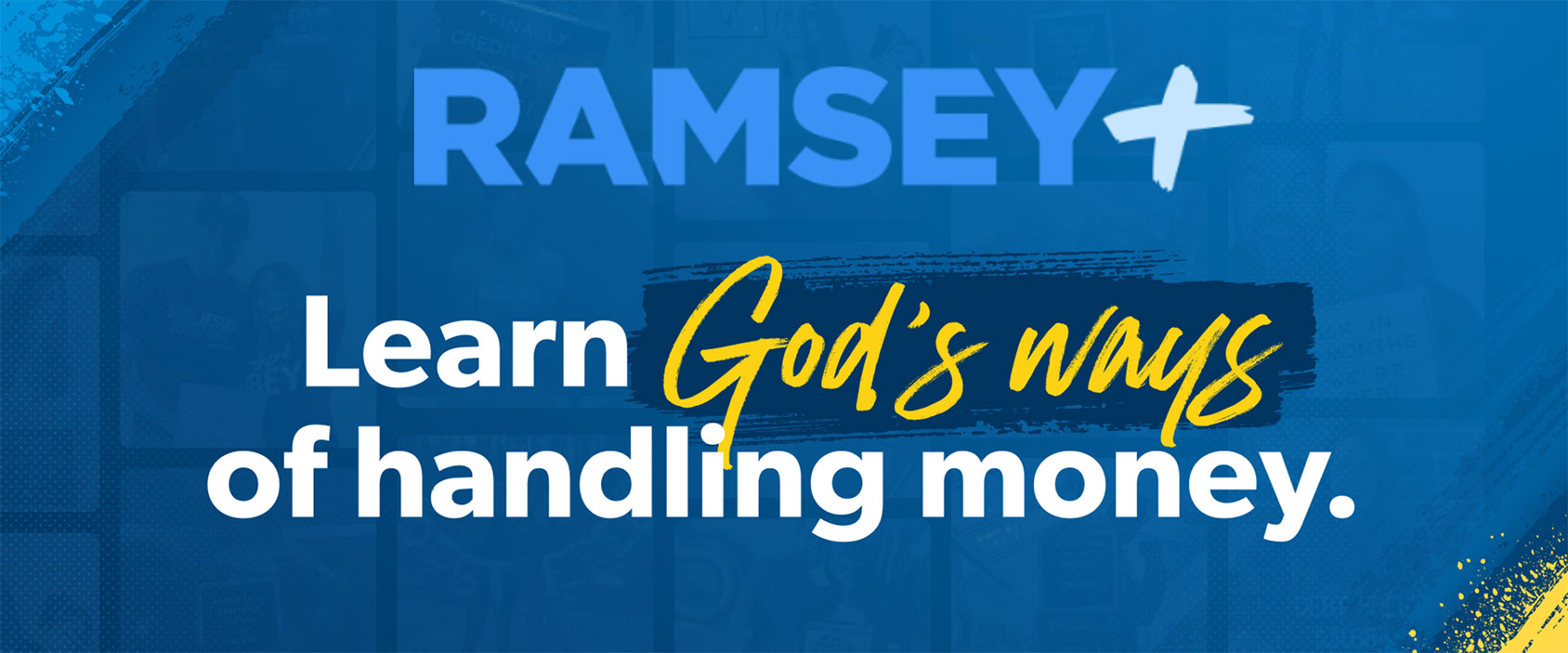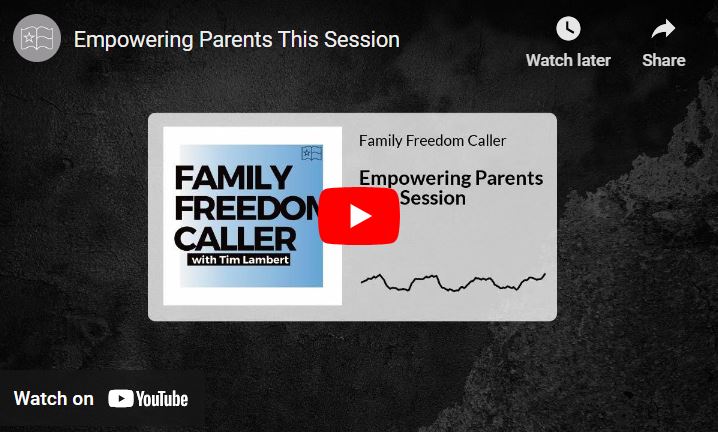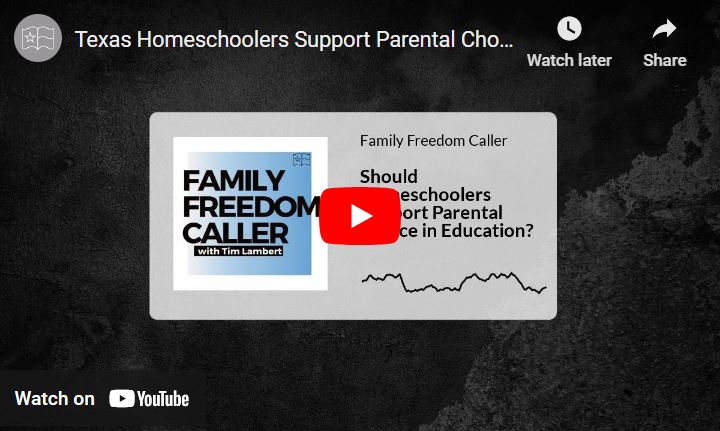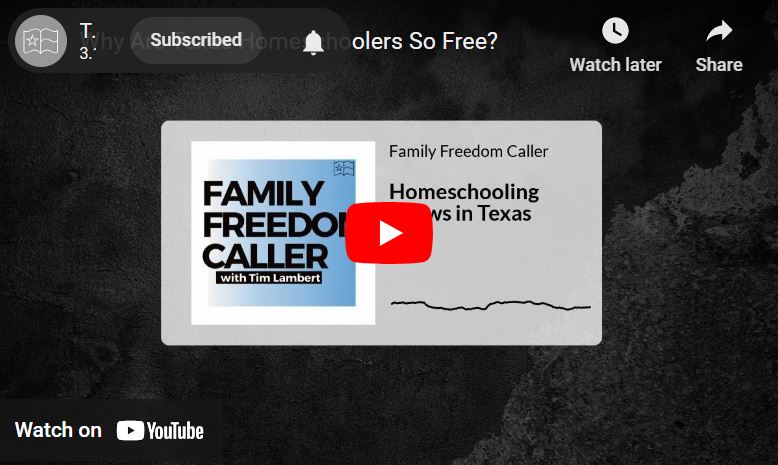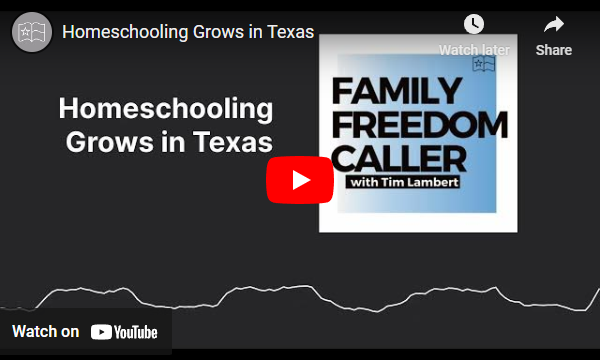This article was originally published in Review Magazine.
Like most five-year-olds, I could hardly wait to start school. When I walked into the classroom that first day, my new dress and shiny shoes testified to the importance of the occasion. My ponytail was slicked back so tight I could feel myself blinking as I took in the array of new and unbroken crayons, construction paper, easels, paints, brightly colored books and posters, and a windowsill filled with seedlings. I was so excited I almost hyperventilated! I encountered some frustration when we hadn’t been taught to read by the end of the first week—that was my primary reason for going to school, after all—but the science experiment to see how light and moisture affected mold growth on bread kept me keen to go back each morning.
Somehow, though, my interest had waned before I left elementary school. In my professional bio I confess that by junior high I had become a “reluctant historian.” The coach/teacher sat on his desk and read in a monotone as we read along in our textbooks about dates and battles and people who were dead. There weren’t even any good pictures. I’d have dozed off, but the prospect of a test every Friday egged me on. To be honest, I was equally bored with almost every other subject, as each was taught pretty much the same way.
“School” does not necessarily result in learning, I discovered. I loved learning, but school beat the love of learning right out of me.
When I looked into the eager faces of my own children 20-something years later, I didn’t want to do that to them. The idea of home schooling gave me great hope, but to be honest, I was so overwhelmed in the early years that I reverted to what was familiar. I bought books, and we diligently did “school at home.” I watched the eagerness leave my children’s faces and knew there had to be a better way to teach, so I took stock of the things I remembered fondly from my own learning experiences–the things that “stuck.”
My husband provided one clue: His dad had traveled in his work, and in the summers the family went along. On their way they talked about where they were going and what happened there. Then they arrived and saw museums, climbed onboard ships and over adobe ruins, and dug for arrowheads. He remembered it all! I remembered nothing from my textbooks, but I did remember that Plains Indians lived in teepees, because our third grade teacher let us build and decorate one on the playground. “Fun” seemed to be a required element of learning, but I realized that the fun must be in context.
I began to experiment with ways of learning through personal experiences that would be meaningful, memorable, and fun. I’m happy to report that it worked! “Discovery Learning” not only reignited my children’s interest but also equipped them with the tools to become self-motivated learners for a lifetime.
Why Discovery Learning Works
Researchers tell us we remember only ten percent of what we read and twenty percent of what we hear. If that’s true, how effective is it to assign chapters in a textbook and then lecture on them? Fortunately, that same research shows that when students are engaged in learning–when they participate and experience a subject by seeing, hearing, tasting, smelling, and getting their hands dirty–retention jumps to seventy percent! If students then have an opportunity to share their experience with others, they will remember up to ninety percent of what they’ve learned! Here’s why:
- Discovery Learning becomes a personal experience. No longer is history, for example, something that happened to someone they didn’t even know. The things each student experiences happen to them!
- Discovery Learning happens in context. If students learn fractions by altering a favorite recipe, they understand their usefulness. If they learn about electricity by touching a Leyden jar, they feel the jolt of scientific comprehension. If they learn about cultural history through field trips, they understand not only what happened but why it happened and how it changed things.
- Discovery Learning encourages students to take ownership of their own educational process. They learn to be curious and how to find answers to their own questions. They get excited when they discover something new. They become an “authority” and enjoy sharing their excitement with others.
How to Teach Using Discovery Learning
- Start by telling stories and asking questions—preferably stories about real people and real events. Read “real” books and news articles (as opposed to textbooks). Pictures always help to keep things interesting and “real.”
- Make use of technological tools: quality websites, movies, documentaries. There are online demonstrations for just about any topic, and even YouTube (when you prescreen) can be a great resource for short presentations.
- Visit museums, parks, and landmarks. Go to the theater. Hear a symphony.
- Join clubs or associations where students can build relationships with others who share their interests. Consider an apprenticeship if their interest is genuine and long lasting.
- Allow time for students to explore related topics, following leads where their interests take them.
- Whenever possible, teach with real experiences and follow up with real-life projects for skill development.
- Invite students to discuss and think critically about what they learn, and guide them to see how it fits into a Christian worldview.
Learning by personal discovery allows knowledge to take root in understanding and to grow into wisdom as students begin to grasp the depth and breadth and height of a subject instead of merely memorizing and repeating facts. [bctt tweet=”Discovery Learning helped our children become eager lifelong learners.” username=”thsc”]
Discovery Learning helped our children become eager lifelong learners. What surprised us is how Discovery Learning also changed our lives and our family for the better. In the context of our faith, I believe that as we diligently taught our children “as we sat down and as we rose up and as we walked along the way,” God was teaching us using the same method.
————————-
Lynn Dean was a reluctant historian. Bored with schoolbooks that chronicled battle dates and dead people, she feared inflicting mind-numbing data on her own students. Fortunately, she discovered the classic appeal of storytelling–adventure sagas about real people who struggled to overcome obstacles while pursuing their dreams. For more than a decade Lynn has combined unit studies, field trips, and quality literature to create unique and memorable experiences in discovery learning.
This article was originally published in Review Magazine.
Like most five-year-olds, I could hardly wait to start school. When I walked into the classroom that first day, my new dress and shiny shoes testified to the importance of the occasion. My ponytail was slicked back so tight I could feel myself blinking as I took in the array of new and unbroken crayons, construction paper, easels, paints, brightly colored books and posters, and a windowsill filled with seedlings. I was so excited I almost hyperventilated! I encountered some frustration when we hadn’t been taught to read by the end of the first week—that was my primary reason for going to school, after all—but the science experiment to see how light and moisture affected mold growth on bread kept me keen to go back each morning.
Somehow, though, my interest had waned before I left elementary school. In my professional bio I confess that by junior high I had become a “reluctant historian.” The coach/teacher sat on his desk and read in a monotone as we read along in our textbooks about dates and battles and people who were dead. There weren’t even any good pictures. I’d have dozed off, but the prospect of a test every Friday egged me on. To be honest, I was equally bored with almost every other subject, as each was taught pretty much the same way.
“School” does not necessarily result in learning, I discovered. I loved learning, but school beat the love of learning right out of me.
When I looked into the eager faces of my own children 20-something years later, I didn’t want to do that to them. The idea of home schooling gave me great hope, but to be honest, I was so overwhelmed in the early years that I reverted to what was familiar. I bought books, and we diligently did “school at home.” I watched the eagerness leave my children’s faces and knew there had to be a better way to teach, so I took stock of the things I remembered fondly from my own learning experiences–the things that “stuck.”
My husband provided one clue: His dad had traveled in his work, and in the summers the family went along. On their way they talked about where they were going and what happened there. Then they arrived and saw museums, climbed onboard ships and over adobe ruins, and dug for arrowheads. He remembered it all! I remembered nothing from my textbooks, but I did remember that Plains Indians lived in teepees, because our third grade teacher let us build and decorate one on the playground. “Fun” seemed to be a required element of learning, but I realized that the fun must be in context.
I began to experiment with ways of learning through personal experiences that would be meaningful, memorable, and fun. I’m happy to report that it worked! “Discovery Learning” not only reignited my children’s interest but also equipped them with the tools to become self-motivated learners for a lifetime.
Why Discovery Learning Works
Researchers tell us we remember only ten percent of what we read and twenty percent of what we hear. If that’s true, how effective is it to assign chapters in a textbook and then lecture on them? Fortunately, that same research shows that when students are engaged in learning–when they participate and experience a subject by seeing, hearing, tasting, smelling, and getting their hands dirty–retention jumps to seventy percent! If students then have an opportunity to share their experience with others, they will remember up to ninety percent of what they’ve learned! Here’s why:
- Discovery Learning becomes a personal experience. No longer is history, for example, something that happened to someone they didn’t even know. The things each student experiences happen to them!
- Discovery Learning happens in context. If students learn fractions by altering a favorite recipe, they understand their usefulness. If they learn about electricity by touching a Leyden jar, they feel the jolt of scientific comprehension. If they learn about cultural history through field trips, they understand not only what happened but why it happened and how it changed things.
- Discovery Learning encourages students to take ownership of their own educational process. They learn to be curious and how to find answers to their own questions. They get excited when they discover something new. They become an “authority” and enjoy sharing their excitement with others.
How to Teach Using Discovery Learning
- Start by telling stories and asking questions—preferably stories about real people and real events. Read “real” books and news articles (as opposed to textbooks). Pictures always help to keep things interesting and “real.”
- Make use of technological tools: quality websites, movies, documentaries. There are online demonstrations for just about any topic, and even YouTube (when you prescreen) can be a great resource for short presentations.
- Visit museums, parks, and landmarks. Go to the theater. Hear a symphony.
- Join clubs or associations where students can build relationships with others who share their interests. Consider an apprenticeship if their interest is genuine and long lasting.
- Allow time for students to explore related topics, following leads where their interests take them.
- Whenever possible, teach with real experiences and follow up with real-life projects for skill development.
- Invite students to discuss and think critically about what they learn, and guide them to see how it fits into a Christian worldview.
Learning by personal discovery allows knowledge to take root in understanding and to grow into wisdom as students begin to grasp the depth and breadth and height of a subject instead of merely memorizing and repeating facts. [bctt tweet=”Discovery Learning helped our children become eager lifelong learners.” username=”thsc”]
Discovery Learning helped our children become eager lifelong learners. What surprised us is how Discovery Learning also changed our lives and our family for the better. In the context of our faith, I believe that as we diligently taught our children “as we sat down and as we rose up and as we walked along the way,” God was teaching us using the same method.
————————-
Lynn Dean was a reluctant historian. Bored with schoolbooks that chronicled battle dates and dead people, she feared inflicting mind-numbing data on her own students. Fortunately, she discovered the classic appeal of storytelling–adventure sagas about real people who struggled to overcome obstacles while pursuing their dreams. For more than a decade Lynn has combined unit studies, field trips, and quality literature to create unique and memorable experiences in discovery learning.

